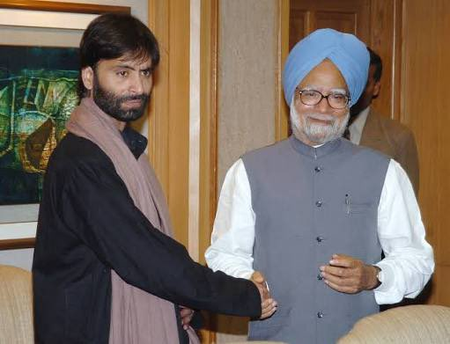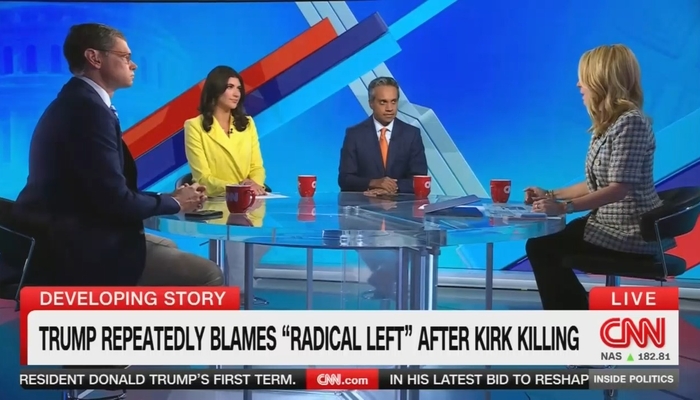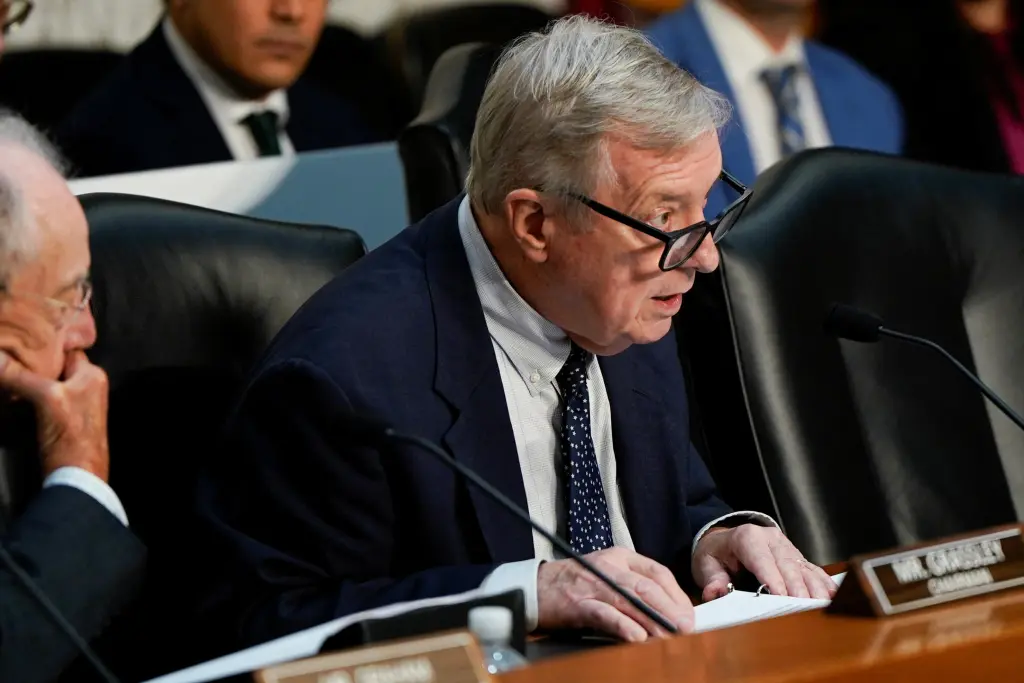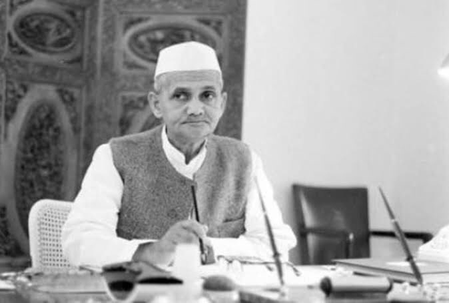By India News Newsdesk
Copyright indianews

Srinagar, Sep 19 (IANS) Yasin Malik, the incarcerated chief of the banned terror outfit, Jammu & Kashmir Liberation Front (JKLF), has made some shocking claims in his affidavit to the Delhi high court.
Malik is serving a life sentence in a terror funding case.
Amit Malviya, BJP leader in charge of the party’s IT cell, said on X on Friday, “Jammu & Kashmir Liberation Front (JKLF) terrorist Yasin Malik, serving a life sentence in a terror-funding case, has made a shocking claim. In an affidavit filed in the Delhi High Court on August 25, Malik says: He met Lashkar-e-Taiba founder and 26/11 mastermind Hafiz Saeed in Pakistan in 2006. The meeting was not his independent initiative but was arranged at the request of senior Indian intelligence officials as part of a back-channel peace process.”
“After the meeting, then-PM Manmohan Singh personally thanked and expressed gratitude to him. Yasin Malik is a hardened terrorist who is guilty of gunning down three Air Force personnel in uniform. This amounts to waging war against the state, and he must be subjected to the full force of the law,” the BJP leader said in his post.
“If these new claims are true, they raise grave questions about the UPA’s handling of national security and back-channel diplomacy,” he added.
In an affidavit filed before the Delhi High Court, Kashmiri separatist leader Yasin Malik has painted a startling picture of his decades-long involvement in India’s backchannel diplomacy — from intimate dinners with ministers and intelligence chiefs to a phone call with industrialist Dhirubhai Ambani. The JKLF chief was convicted and sentenced to a life term by the National Investigation Agency (NIA) court for receiving foreign funding and links with militant outfits.
The NIA has now appealed to the Delhi High Court for enhancing the life term to a death sentence.
Malik says he accepts his fate “gleefully”, but insists his journey was shaped not in isolation, but through deep, state-sanctioned engagement.
Malik opens with a note of fatalism: “I understand the balance of scales isn’t tipped in my favour and a statement is to be made out for Kashmir using me as a precedent… being a diehard romantic, I would accept it as the ultimate endgame of my fate, gleefully”.
He situates his current trial in the aftermath of Article 370 and 35A’s abrogation, which he says unleashed “fear, intimidation, and arrests of thousands of political leaders, activists, teachers, lawyers and journalists.”
In the early 1990s, Malik recalls being taken from Mehrauli sub-jail to a bungalow in Maharani Bagh, where the then Home Minister Rajesh Pilot, IAS officer Wajahat Habibullah, and senior IB officers pressed him to surrender his arms.
Malik claims P.V. Narasimha Rao, then prime minister, had given specific orders to bring him back into democratic politics.
After three years of negotiations, he was released in May 1994, announcing a unilateral ceasefire in Srinagar and declaring he would pursue “a non-violent democratic peaceful struggle, come what may.”
The government followed through. Bail was granted in all 32 pending TADA cases, and none were pursued. Malik insists this truce was honoured for 25 years — across the tenures of Rao, Vajpayee, Gujral, Manmohan Singh and even PM Modi’s first term.
At one such meeting, R.K. Mishra, trusted aide of Prime Minister Atal Bihari Vajpayee, once handed him a phone. On the other end was Dhirubhai Ambani. Malik says Ambani spoke warmly about his “humble and nimble beginnings” and stressed that “sheer hard work often results in rewarding results.” The call, Malik suggests, symbolised the unusual breadth of his contacts — from ministers to tycoons.



